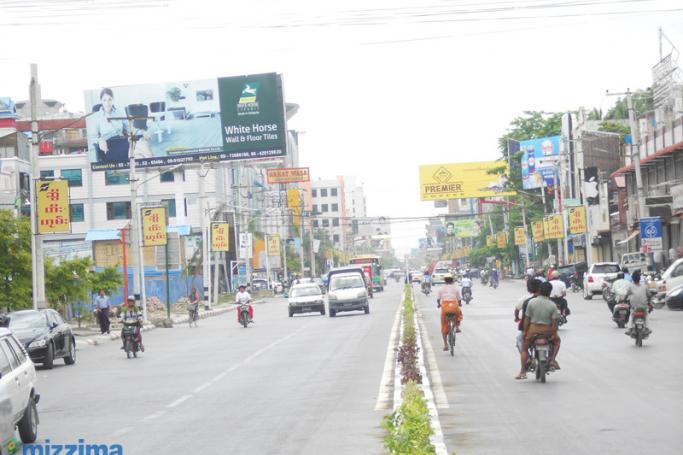A court in Mandalay sentence 12 Muslims on Monday to five years in prison for alleged links to a terrorist group called the “Muslim Army” that human rights groups say probably does not exist.
The 12 men, ranging in age from 19 to 58, were arrested in November and December 2014, and charged under Myanmar's Emergency Provisions Act.
A defense lawer, Daw Nandar Myint Thein, who defended six of the accused, said the convictions were a travesty of justice, according to the Catholic News Service.
"There was no strong evidence and police admitted to the court that information regarding the case came from above [higher authorities]," she said.
Fortify Rights group, a human rights group in Bangkok that has followed the trial, said at least one man was tortured into making a confession.
Soe Moe Aung, 24, told the court on Sept. 17 that he was beaten while in police custody, denied food and water, and drugged during interrogations that lasted approximately one week, according to Fortify Rights.
He said he signed what he assumed to be a confession.
"A trial should be based on facts and evidence, not suspicion and secrecy. The state has so far failed to show evidence to justify the charges against these defendants," Matthew Smith, executive director of Fortify Rights said in a Nov. 7 statement.
A consultant to Fortify Rights told the Myanmar Times that 170 pages of court documents did not provide any details about the supposed “Muslim Army” organization.
“It is impossible to assess the government’s claims regarding the Myanmar Muslim Army because the government has failed to provide any concrete evidence demonstrating its existence or details about its composition or activities,” said Matthew Bugher.
Various human rights groups and the US State Department have said there is no evidence that a group calling itself the Muslim Army exists. The prosecuting attorney said he could not present evidence in court because of state secrecy concerns.
Myanmar has undergone repeated clashes for more than one year between Buddhist and Muslims in Rakhine State. During that time anti-Muslim sentiment has grown steadily, with Buddhist nationalist groups fanning the flames of distrust.
Catholic leader Cardinal Charles Bo of Yangon in September voiced concern that hate speeches from hardline Buddhist monks, denial of voting rights among Rohingya Muslims and violence committed against Muslims could lead to some of them being radicalized and developing links with terrorist organizations such as the group that calls itself the Islamic State.
You are viewing the old site.
Please update your bookmark to https://eng.mizzima.com.
Mizzima Weekly Magazine Issue...
14 December 2023
Spring Revolution Daily News f...
13 December 2023
New UK Burma sanctions welcome...
13 December 2023
Spring Revolution Daily News f...
12 December 2023
Spring Revolution Daily News f...
11 December 2023
Spring Revolution Daily News f...
08 December 2023
Spring Revolution Daily News f...
07 December 2023
Diaspora journalists increasin...
07 December 2023
Euromoney Myanmar Global Investment Forum begins in Nay Pyi Taw












